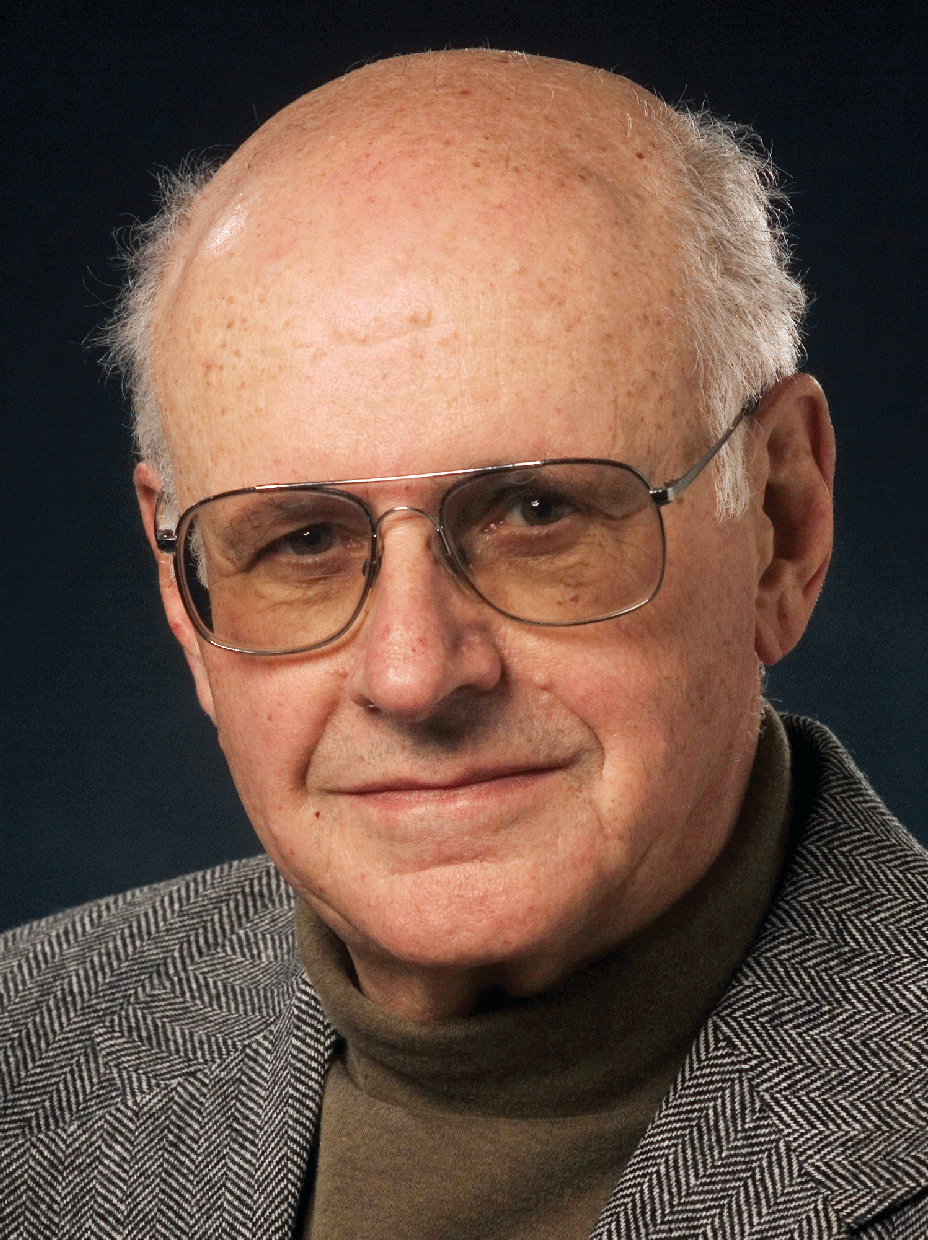A Career Dedicated to Protecting the Scientific Ethic
-
-
slice.mit.edu
Filed Under

In 1951, many in MIT’s physics department were Manhattan Project veterans. Cold War tensions were rising, and the first hydrogen bombs were not far in the future. Into that climate came Kurt Gottfried PhD '55, beginning his Course 8 doctoral studies just 12 years after fleeing Vienna with his family to escape Nazi persecution.
“I found MIT very stimulating and intellectually challenging,” recalls Gottfried, who had earned bachelor’s and master’s degrees at McGill University after his family resettled in Canada. “The physics department was thriving, and there were plenty of us, students and faculty, who took a fervent interest in public policy.”
One such person was Gottfried’s Graduate House roommate, future Nobel physics laureate Henry Kendall, PhD ’55. They went on to become best friends and, in 1969, cofounders of the Union of Concerned Scientists (UCS), an advocacy organization that for nearly 50 years has sought to steer scientific research toward pressing environmental and social problems.
When UCS was founded, Gottfried had already held posts at Harvard University and the European Organization for Nuclear Research (CERN), and he was a visiting professor at MIT, on leave from a Cornell University physics professorship that he held until 1998. His 1966 Quantum Mechanics: Fundamentals was becoming a standard textbook.
Gottfried would go on to be honored as an American Academy of Arts and Sciences fellow, a member of the Council on Foreign Relations, and a recipient of the American Physical Society’s Szilard Award. He would also team up with his thesis advisor, Institute Professor Victor Weisskopf, to write the widely praised Concepts of Particle Physics.
But Gottfried says his role in creating UCS “was much more important than any of the science I’ve done.” He remains a board member of the group, which has 100,000 dues-paying members. UCS applies its $32 million annual budget to issues like climate change, clean energy, safe nuclear power, and reducing the risk of nuclear war.
“The scientific ethic and attitude should be protected vigorously,” Gottfried says. “Defending those values is not partisanship.”
“America and all of democratic society are under serious threat from people who don’t accept the basic tenets of the Enlightenment and modern science,” he adds. “People who graduate from places like MIT should be committed to protecting us from that danger.”
Gottfried lives near Ithaca, New York, with his wife of more than 60 years, Sorel, whom he credits with being an outstanding editor and instrumental collaborator “in all that I’ve done.”
This article originally appeared in the September/October 2017 issue of MIT Technology Review magazine.







